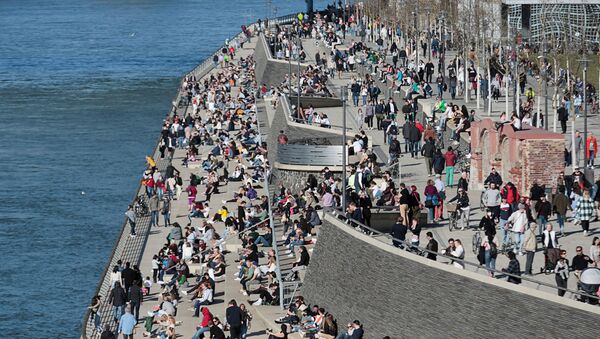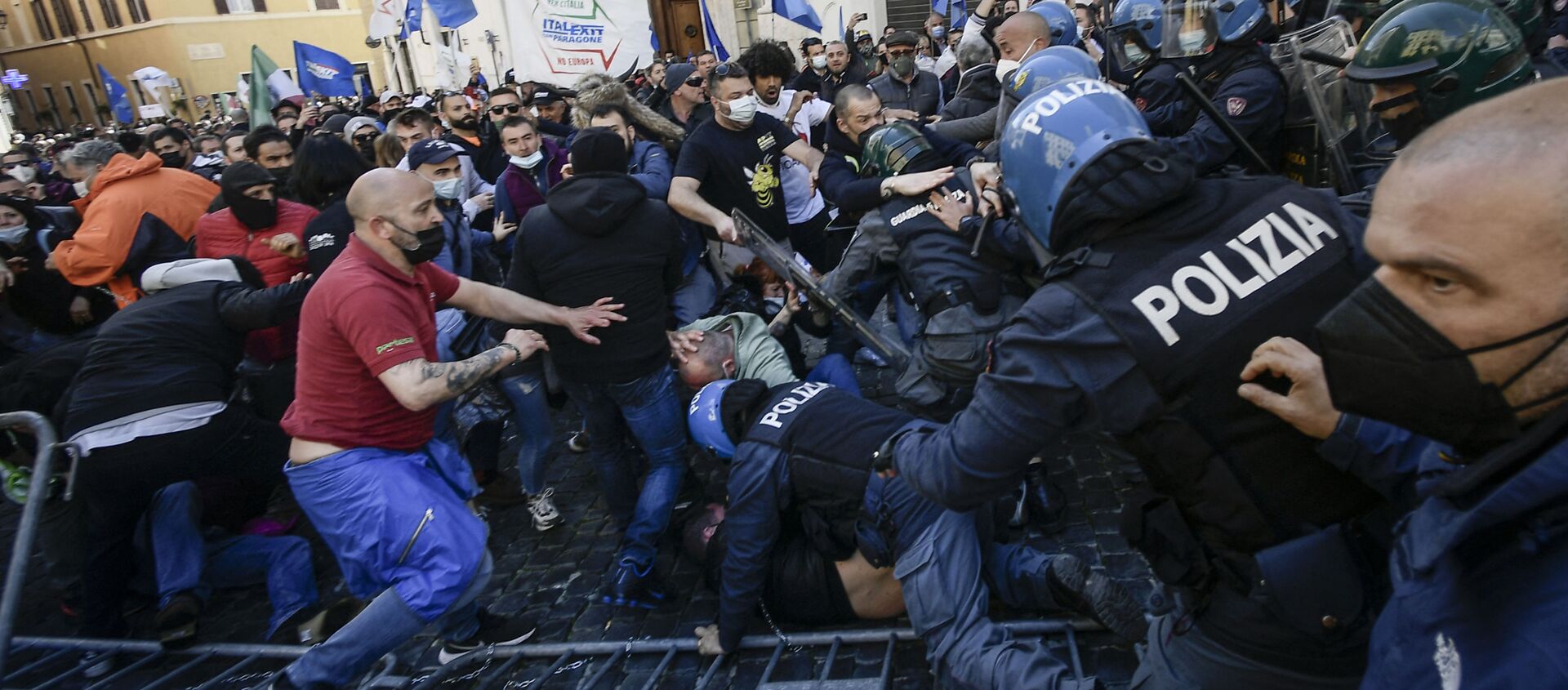LONDON (Sputnik) - The Oxfam charitable organisation on Tuesday urged rich countries to open the way to cheaper mass-produced COVID-19 vaccines, warning that failure to immunise the entire global population could cost the world around $9.2 trillion in economic losses.
"Oxfam, with other members of the People's Vaccine Alliance, is calling for an end to 'vaccine apartheid' which is seeing rich nations vaccinate one person a second whilst many developing nations have yet to administer a single dose," the organisation said in a release.
According to Oxfam, apart from tackling the "chronic global scarcity of vaccines," the world’s most developed economies should also agree to inject $650 billion more into the global economy to help developing countries cope with the already devastating impact of the COVID-19 pandemic.
"Together, these two initiatives would go a long way towards providing the public health protection and economic stimulus that people and countries all over the world desperately need. Urgent action is needed as COVID-19 continues to spike, mutate and kill whilst continuing to wreak economic havoc", the statement added.
Based on a study from the International Chamber of Commerce, Oxfam calculated that as a result of the current vaccine inequality the United States could lose up to $2,700 per person in household spending, the UK and France could face losses of up to $1,380 and $1,239, respectively, while Japan’s and Italy’s could amount to around $1,451 and $1,495.
"The US, UK, Germany, France, Japan and Italy together could lose as much as $2.3 trillion in GDP this year unless they stop fighting on behalf of a handful of big drug companies to retain the intellectual property of the vaccine — despite this status quo plainly failing both them and everyone else," Anna Marriott, the public health manager for Oxfam, was quoted as saying.
The confederation of 20 independent charitable organisations focusing on the alleviation of global poverty also called attention to the fact that these same rich countries are among those opposing recent calls made by India, South Africa and the World Trade Organization to break open the big pharma companies’ monopoly, adding that such move would help other manufacturers produce more and cheaper vaccines.
"A People’s Vaccine is possible if WTO members waive these companies’ intellectual property, as India, South Africa and nearly 100 other countries are demanding, and the vaccine science and technology are shared through the WHO’s Coronavirus Technology Access Pool (C-Tap)," Marriot stressed.
The Oxfam official also said that the virtual meeting of the world’s top 20 economies (G20) on Wednesday and the upcoming meetings of the International Monetary Fund and the World Bank this week would be a perfect moment for a breakthrough.






